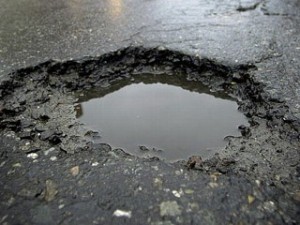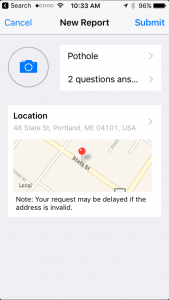Halloween is one of America’s favorite holidays. Kids love to dress up, get together with friends, and go door-to-door in search of the biggest and best goodies. Plus, Candy Corn.

Here are some pointers for ensuring your house is a safe place for Halloween trick-or-treaters.
Pets First
Many dogs and cats are scared or disturbed by the repeated doorbell-ringing and the parade of oddly dressed strangers. Find a safe and comfortable space in your home, or take them to a friend or family member’s home in a less active neighborhood.
Clean Up
Many Halloween costumes can limit vision. This can increase the chance of tripping and falling. Make sure your yard is free of toys, yard tools, fallen branches or piles of leaves. Create a clutter-free walking path well before dusk falls this Halloween.
Light Up
Create a well-lit path, and keep your steps and porch brightly lighted. Trick-or-treaters aren’t familiar with your home and yard. If your regular outdoor lighting isn’t sufficient for the high traffic of Halloween, supplement it with solar, string, LED, or glow-in-the-dark yard lights .
Try This Slick Door Trick
Here’s a neat idea: remove the glass from your storm door before trick-or-treaters arrive. This allows you to hand out goodies without opening the door, so kids don’t have to take that dangerous step backwards. Plus, it really freaks the kids out! Bonus: if your door has a solid bottom panel, it can help keep your pets safely inside the house.
Shut it Down
When you’re done for the night, make it obvious by turning all inviting lights off. However, if you’re still offering candy in a bowl on the porch, keep the path well-lit until your sweet treats are tucked away inside the house.
At Noyes Hall & Allen Insurance, we hope your Halloween is all treats, no tricks, and – most of all – safe and fun.








